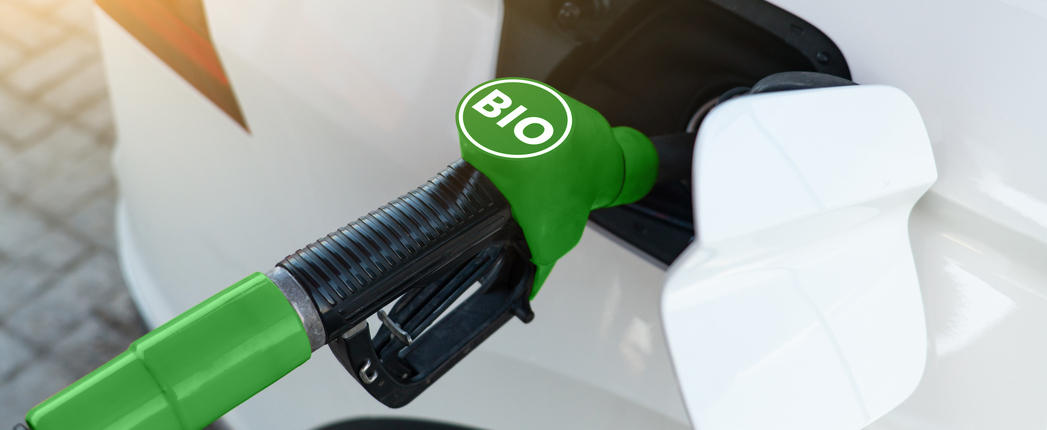
Since January of 2020, Indonesia has required the content of diesel sold within its borders to be 30% biodiesel by weight – the highest such mandate in the world. Representatives from a lubricant marketer said recently that this could compromise performance of engines lubricated with engine oils formulated to specifications that pre-date API CI-4.
“Biodiesel has a low volatility compared to petroleum diesel fuel, and if the biodiesel enters the oil sump – through blow by – it will stay in the oil sump,” a Shell spokesperson said after the company organized a forum on the topic last month. “The main effect is that it will lower the viscosity of engine oil.”
Studies in Europe have found instances in which biodiesel fuel was detected in the engine’s oil sump, affecting the performance of the engine oil.
The spokesperson added that biodiesel dilution can compromise performance of engine oils meeting specifications older than API CI-4 but that products meeting CI-4 and later specs should adequately handle the situation. “The benefits of using API CI-4 engine oils with biodiesel include its soot handling capability, anti-wear performance and anti-oxidation performance,” the spokesperson said.
CI-4 was introduced in North America by the American Petroleum Institute in 2002 and was intended for high-speed, four-stroke engines designed to meet 2004 exhaust emission standards implemented in 2002. CI-4 oils are formulated to sustain engine durability where exhaust gas recirculation is used, and are intended for use with diesel fuels ranging in sulfur content up to 0.5% weight.
API has since introduced three other oil categories for heavy-duty diesel engines: API CJ-4, API CK-4 and API FA-4. It considers all four to still be current, along with API CH-4, which was introduced in 1998. The group has declared earlier specs obsolete, but some markets still consume significant volumes of oils that meet them. Indonesia consumes significant volumes of oils meeting specs that predate CI-4.
Indonesia’s B30 is produced by blending 70% diesel fuel with 30% fatty acid methyl ester from palm oil. “The implementation of B30 aims at reducing the country’s dependency on imported fossil fuels and reducing GHG emissions,” according to the OECD-FAO Agricultural Outlook 2021-2030 report. “In recent years, biodiesel production has increased due to a national biodiesel program, which provides support to biodiesel producers, and it is financed by the crude palm oil fund.”
Indonesia is the world’s largest palm oil producer and exporter, and government floated the possibility of officials began considering a B40 biodiesel mandate this year. But “the government continues to encourage the successful implementation of the B30 program, especially in ensuring that all domestic diesel fuel types are mixed with 30% biodiesel,” Riesta Budgeti, a fuel researcher at Lemigas, said during aforum organized by Shell last month. “Meanwhile, the mandatory B40 program is still in the stage of [being reviewed] both technically and economically, so its implementation is not expected in the near future.”
Lemigas is a research center for oil and gas technology development under the Ministry of Energy and Mineral Resources in Indonesia.